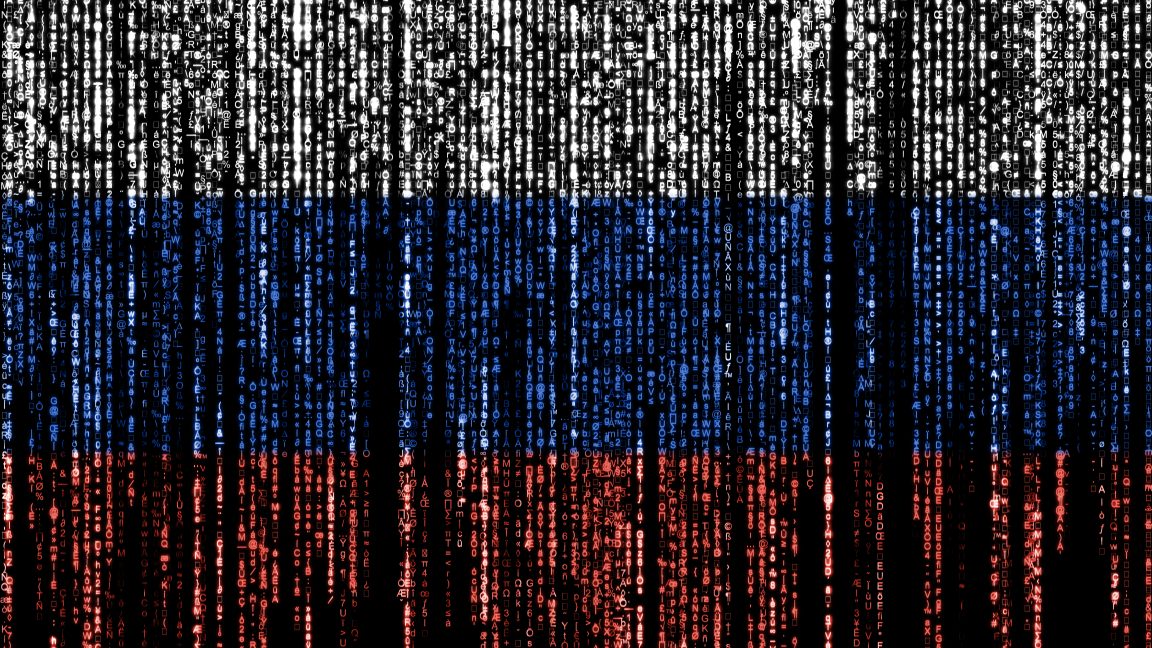Unveiling North Korean Hacker: The Inside Story of Hacktivist Motivations

In a daring digital escapade earlier this year, a duo of hackers infiltrated a computer system only to uncover its owner as a hacker allegedly connected to the North Korean government. This unexpected turn of events set the stage for a deeper investigation.
The hackers, known pseudonymously as Saber and cyb0rg, spent four months monitoring this individual's activities. As they delved deeper, they unearthed evidence purportedly linking the hacker to North Korea's cyberespionage endeavors, including exploits and tools instrumental in these operations.
Speaking to the press, Saber recounted the transformative moment when they grasped the gravity of their findings. The decision to make this data public was driven by an ethical cause: "These nation-state hackers operate for misguided reasons. Exposing them is necessary," Saber stated after publishing an exposé in the esteemed hacking publication, Phrack.
This revelation adds another layer to the ongoing scrutiny by cybersecurity experts tracking North Korea's multifaceted cyber operations. These include espionage and massive cryptocurrency heists, with hackers often masquerading as remote IT specialists to fund the country's nuclear pursuits.
Saber and cyb0rg's approach of 'hacking the hackers' provided uncommon insights into the workings of these government-backed networks. This not only reveals their daily operations but also potentially aids current cybersecurity defenses.
The 'hacktivists', cautiously maintaining their anonymity, confess an awareness of potential threats from North Korean authorities or other sources. They express admiration for the famed hacktivist Phineas Fisher and acknowledge the illegality of their actions.
However, Saber notes, "Keeping it to ourselves wouldn't help. By sharing openly, we provide means for researchers to counteract these threats." This transparency could enable other entities to uncover vulnerabilities and disrupt ongoing malicious activities.
Amid concerns of potential retaliation, the hackers divulge intriguing details— such as the possibility of "Kim", the North Korean hacker in question, also working for China based on patterns like taking breaks during Chinese holidays and using simplified Chinese for translations.
As their findings stirred the cyber community, it unveiled active exploits against South Korean and Taiwanese companies, which Saber and cyb0rg promptly notified. This bold cyber resistance continues to unfold, challenging oppressive regimes and supporting cybersecurity advancement.



